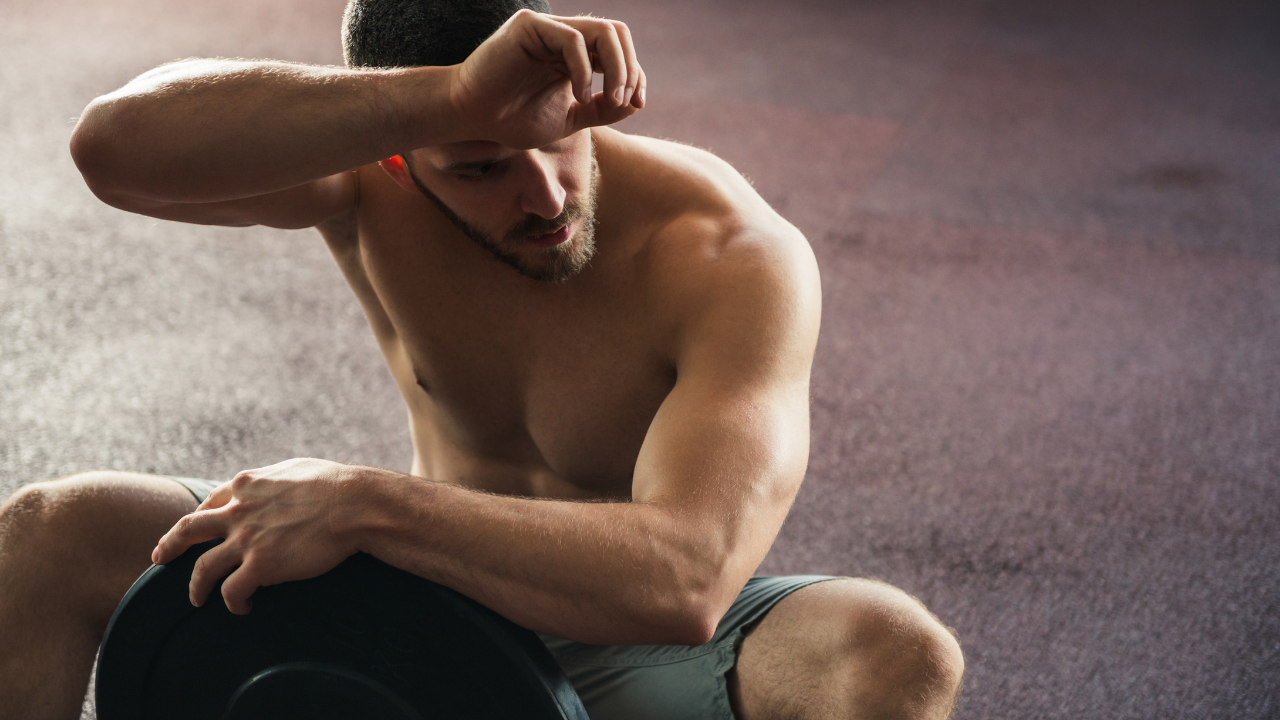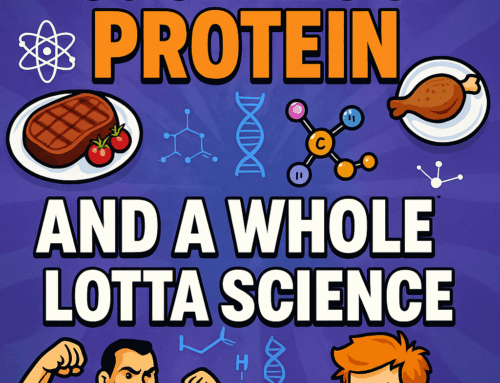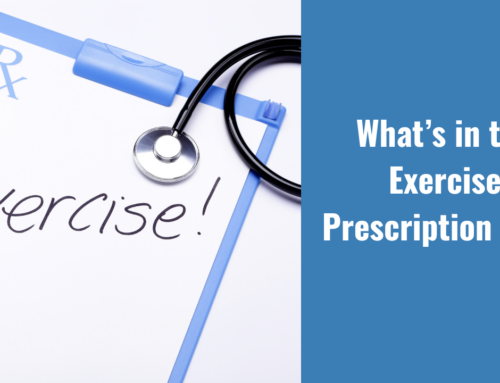Somedays no matter how good you feel, your workout sucks. That was me yesterday lifting in the Extreme Human Performance Center (aka garage gym). It was safety squat, dips, and rolling thunder (rotating handle/grip strength) day. Tracking your trends can help you figure out why.
I got into the gym a bit later than planned, but no worries. Time to crank up the tunes by Down and get it done.
A vast majority of the time, I am excited to lift.
This day however, it was hard.
Stoooopid hard.
Even the friggin empty bar for squats felt heavy.
Oh pooo.
I know I am still getting back into heavier axial loaded lifts from being gone for almost two months, but this was crazy.
Grip strength was ok after a very long warm up and even dips felt oddly unstable at the top.
Then I had a realization.
The temperatures here in Minnesota over the past couple of days have been hitting 95 -99F. Crazy town I know! I had a flashback to the first time I realized that temperature can affect performance 5 years ago.
Sounds crazy as I had read the research on it and could quote it; yet, I still missed it.
I could not figure out why every time during Spring for a slightly different 2 week period of time, all my lifts seemed to tank.
This was before I was traveling all the time too.
It took me another year to figure out that it was the spike in temperature that was tanking my lifts. Those two years the temps went from 50 -60 F to 80 to 90F almost overnight. And it was humid as heck.
While my body (and yours) will adapt to temperature in time, there is going to be a short delay where performance can drop.
The only way I figured this out was by looking at my notebook from previous years. I went back through several previous years and looked up the historical temperatures. There it was; like clockwork. The temp would hit high humidity and/or temps and my lifts would drop like the most recent fav crypto currency.
Oh man, how did I miss it?
The good part is that I figured out.
Tracking Your Trends
Here is your key –I needed notes/data.
How often have you been at the Globo Gym and seen a single window licker write something down?
. . . write ANYthing down?
I highly doubt the clueless a$$hats are making notes on their phone between sets.
I guess if you are doing the ole treadmill at Planet Fitness you don’t need notes, and that is the least of your worries.
Good notes are helpful when you get stuck.
You don’t need anything complicated.
I still recommend to my M3 1-1 clients to get an old school notebook so that during their rest period, they can write down what they just did. I do use online software; that works too. But to me . . . I love not being tied to my phone while lifting.
Write down your training: weights, sets, reps, maybe rest periods (I use total time instead). You can add optional data on HRV, RHR, sleep, etc.
If you are taking longer than 1 minute to log anything that is not training related in your notebook, you are writing too much. Go back to the biohacker forums in your mom’s basement to buy more fake weights for your upcoming IG posts. hahaha. Just joking . . ..kind of.
My main point is that data is your friend when you get stuck.
What does the data say? Tracking your trends can be the key to figure out why your workout isn’t going as planned.
Use it to solve the obstacle and move forward.
P.S. I cover body temperature and heat in the Physiologic Flexibility Course!
Rock on!

Dr. Mike T Nelson

Dr. Mike T Nelson
PhD, MSME, CISSN, CSCS Carrick Institute Adjunct Professor Dr. Mike T. Nelson has spent 18 years of his life learning how the human body works, specifically focusing on how to properly condition it to burn fat and become stronger, more flexible, and healthier. He’s has a PhD in Exercise Physiology, a BA in Natural Science, and an MS in Biomechanics. He’s an adjunct professor and a member of the American College of Sports Medicine. He’s been called in to share his techniques with top government agencies. The techniques he’s developed and the results Mike gets for his clients have been featured in international magazines, in scientific publications, and on websites across the globe.
- PhD in Exercise Physiology
- BA in Natural Science
- MS in Biomechanics
- Adjunct Professor in Human
- Performance for Carrick Institute for Functional Neurology
- Adjunct Professor and Member of American College of Sports Medicine
- Instructor at Broadview University
- Professional Nutritional
- Member of the American Society for Nutrition
- Professional Sports Nutrition
- Member of the International Society for Sports Nutrition
- Professional NSCA Member










Leave A Comment